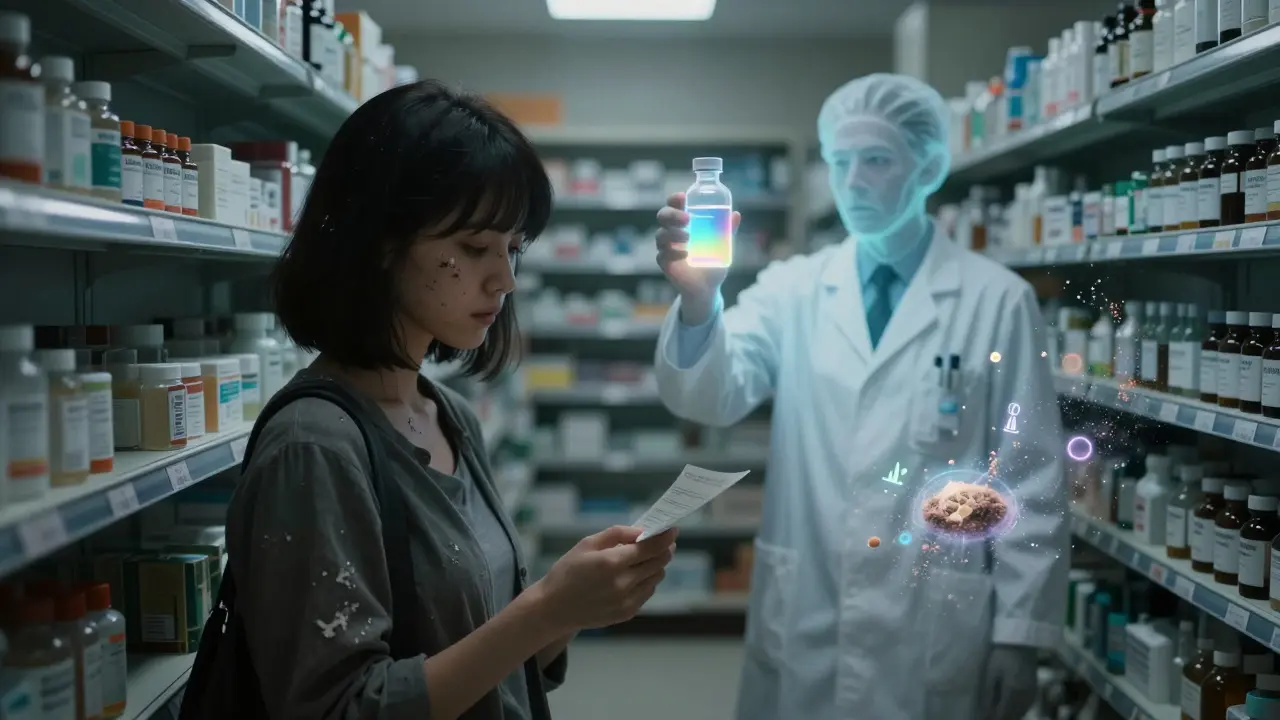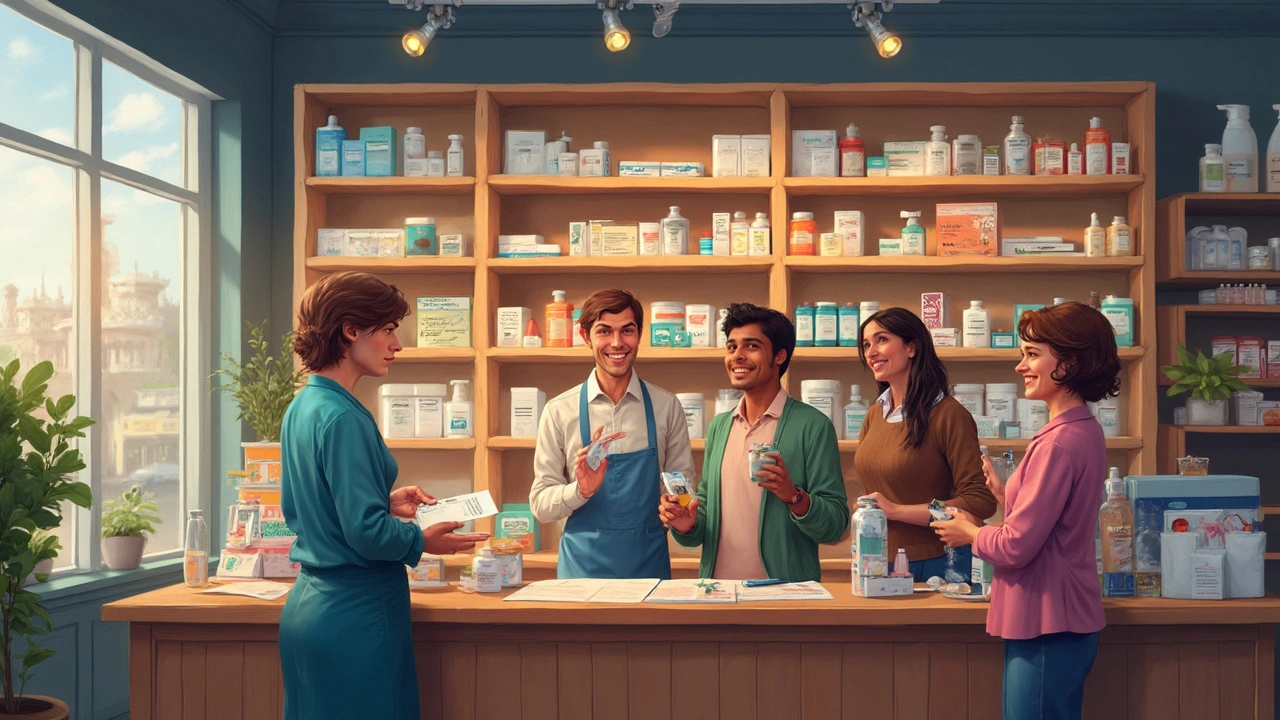Pharmacy Alternatives: Safe Ways to Save on Meds
Want cheaper medications but worried about scams or low-quality pills? This page groups practical, legal alternatives to traditional brick-and-mortar pharmacies and gives clear tips to find safe, affordable options.
Start with generics. Generic drugs have the same active ingredient as brand names and usually cost much less. Ask your doctor or pharmacist whether a generic version is available — often you won’t lose effectiveness but you will pay a lot less.
Online pharmacies can cut costs, but not all are safe. Look for clear contact info, a licensed pharmacist available by phone, and a requirement for a prescription when appropriate. Avoid sites that sell controlled drugs without asking for a prescription, and check that the site uses secure payment and shows third-party trust badges or pharmacy verification where possible.
International and Canadian Options
Buying from Canadian or international pharmacies can be cheaper, especially for long-term meds. Rules vary by country: some let you import small personal supplies, others do not. Check local import rules and look for pharmacies with verifiable licenses, real customer reviews, and easy ways to contact support. If a price looks insanely low, that’s a red flag.
Other Practical Alternatives
Mail-order and bulk programs often cut costs for maintenance drugs. Some insurers and employers offer mail-order discounts. Manufacturer coupons, patient assistance programs, and pharmacy discount cards can also lower costs—search for verified codes and read terms carefully.
Community health centers and clinics often provide low-cost prescriptions or links to sliding-scale pharmacies. For short-term needs, retail chains sometimes have generic drug lists for common medicines at set low prices. Compounding pharmacies can offer customized doses when commercial products don’t fit, but check credentials first.
Safety checks are simple and effective. Confirm the pharmacy’s license, read recent independent reviews, verify that packaging lists active ingredients and lot numbers, and keep receipts and tracking info. If pills look different than expected, contact your prescriber or pharmacist before taking them.
Watch for illegal signs: sites that refuse prescriptions, hide contact details, ask for strange payment methods, or promise miracle cures. If a pharmacy won’t answer basic questions about sourcing, move on.
Finally, talk with your clinician. They can suggest cheaper therapeutic alternatives, prescribe a larger supply for a lower price, or connect you with assistance programs. Use this tag page to explore detailed guides on trusted online pharmacies, drug comparisons, and money-saving tips across our site.
Before you buy, ask the pharmacy four quick questions: do you require a prescription; where are the meds sourced; can you reach a licensed pharmacist; and what is the return or refund policy? Keep copies of prescriptions and check batch numbers when your order arrives. Use a credit card or trusted payment service for buyer protections, and avoid wire transfers or crypto payments for first-time orders. If shipping is delayed or packaging looks tampered, refuse delivery and contact both the seller and your bank. Small checks like these cut risk and make saving money safe.
Stay smart, save.

